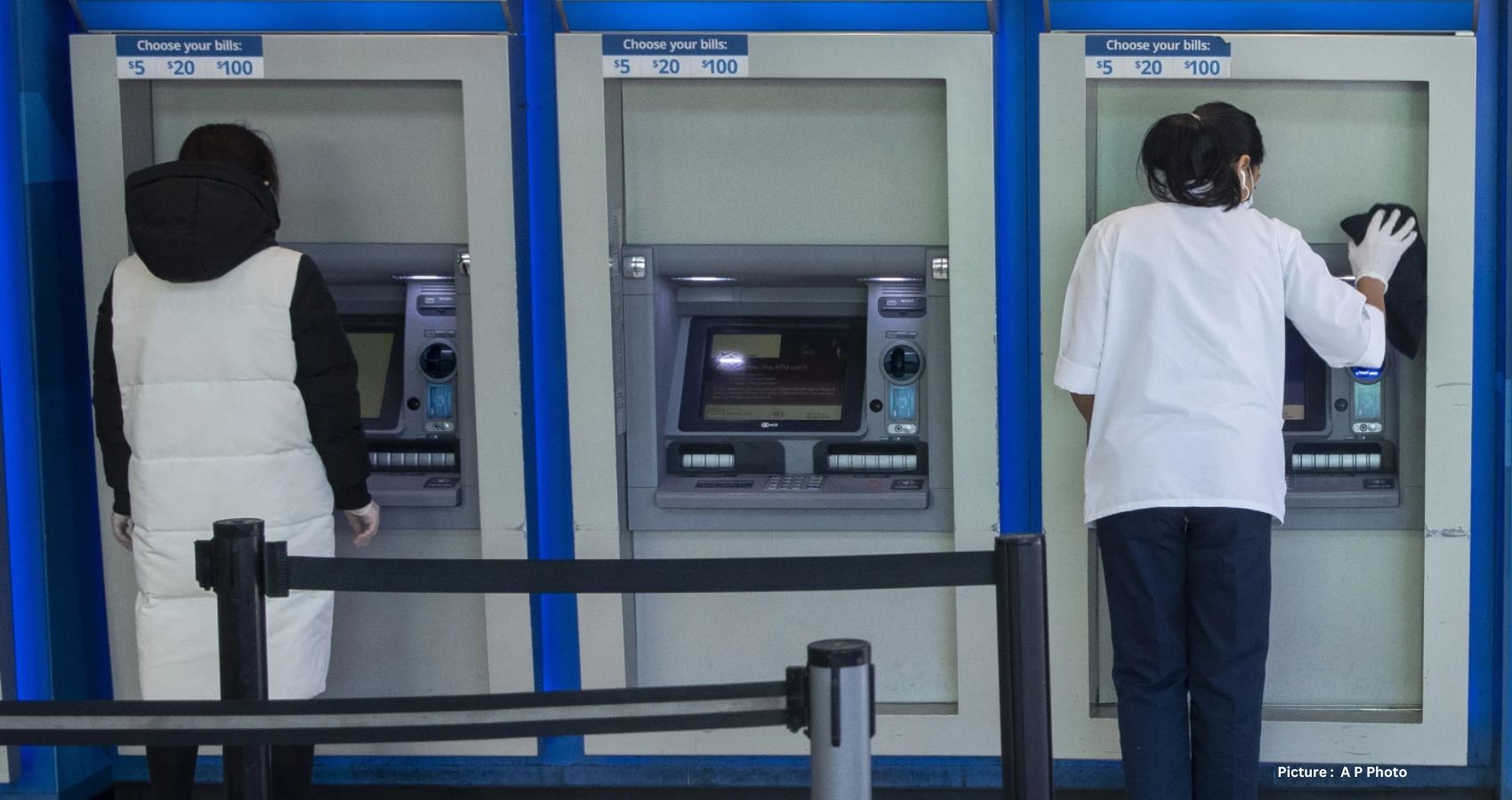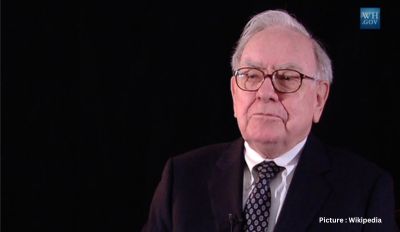The White House has unveiled a proposal aimed at significantly lowering the cost of overdrawing a bank account, potentially reducing it to as little as $3. This move, announced by the Consumer Financial Protection Bureau (CFPB), is part of the Biden administration’s ongoing efforts to tackle what it perceives as excessive fees burdening American consumers, especially those living paycheck to paycheck.
President Joe Biden expressed his concerns, stating, “For too long, some banks have charged exorbitant overdraft fees — sometimes $30 or more — that often hit the most vulnerable Americans the hardest, all while banks pad their bottom lines. Banks call it a service — I call it exploitation.”
The proposed rule from the CFPB suggests that banks should only charge customers an amount equal to their cost of providing overdraft services. This would necessitate banks to disclose the operational costs associated with their overdraft services, a requirement that many financial institutions may find challenging.
Alternatively, banks could opt for a benchmark fee applicable across all affected financial institutions. The proposed benchmark fees range from $3 to $14, with the CFPB seeking industry and public input to determine the most suitable amount. The suggested figures are derived from an analysis of the costs incurred by banks in recovering losses from accounts with negative balances that were never repaid.
Another option presented in the proposal is for banks to offer small lines of credit, functioning similarly to credit cards, to allow customers to overdraft. Some banks, such as Truist Bank, already provide such services.
The average overdraft fee, according to Bankrate’s research in August, was $26.61, with certain banks charging as much as $39. Despite various changes made by banks in recent years, the largest banks in the nation still generate around $8 billion annually from overdraft fees, disproportionately impacting low-income households and communities of color.
President Biden, in line with his economic agenda leading into the 2024 election, aims to eliminate what he terms as “junk fees,” with overdraft fees being a major focus. The regulations proposed by the CFPB would exclusively apply to banks with assets exceeding $10 billion, approximately 175 banks that constitute the majority of financial institutions Americans engage with. Smaller banks and credit unions, which often rely more heavily on overdraft fees, would be exempt.
The roots of overdraft services trace back to decades ago when banks initially offered a niche service to allow certain checking account customers to go negative to avoid bouncing paper checks. However, with the surge in popularity of debit cards, overdraft fees became a substantial profit center for banks.
Despite industry changes in response to public and political pressure, the proposed regulations are expected to face strong opposition from the banking sector. The regulations could potentially lead to a prolonged legal battle, with the Supreme Court being the final arbiter. If adopted and successfully navigates political and legal challenges, the new rules are anticipated to take effect in the autumn of 2025.
Acknowledging industry concerns, Lindsey Johnson, President and CEO of the Consumer Bankers Association, warned that the proposal might have unintended consequences, stating, “If enacted, this proposal could deprive millions of Americans of a deeply valued emergency safety net while simultaneously pushing more consumers out of the banking system.”
Despite some banks having introduced measures like reducing fees and adding safeguards to prevent overdrafts, concerns persist that increased regulations might prompt banks to eliminate the service altogether. The fate of the proposal will likely have significant implications for both consumers and the banking industry, setting the stage for a contentious debate on financial regulations and consumer protection.











